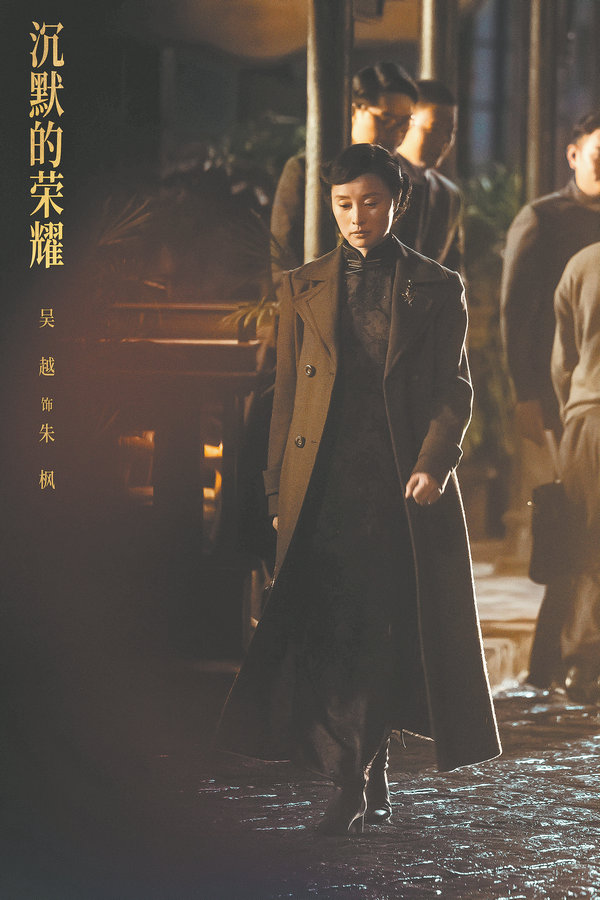

Born into a humble scholar's family in Fujian in 1894, Wu studied at the Baoding Military Academy — the first regular army academy in modern Chinese history — where he became acquainted with future Kuomintang commanders such as Li Zongren and Bai Chongxi. Demonstrating strong military talent, he rose through the ranks and eventually served as deputy chief of the general staff at the "ministry of national defense" in Taiwan.
The turning point in Wu's life came through the influence of He Sui, a respected military educator from his hometown in Fujian. Realizing that corruption was widespread within Chiang's administration, and it could not save war-torn China, Wu made a decision that forever changed his life.
In 1947, he secretly reached out to the CPC's underground bureau in Shanghai. Soon after, he began transmitting vital intelligence to support the People's Liberation Army. His intelligence contributed to major military successes, including the liberation of Shanghai and his home province of Fujian.
After Fujian was liberated, Wu had the chance to remain safely with his family in Fuzhou. Instead, he chose the opposite. Knowing he could provide rare and valuable intelligence from within Taiwan's military command, he courageously followed the retreating Kuomintang forces to continue his covert mission.